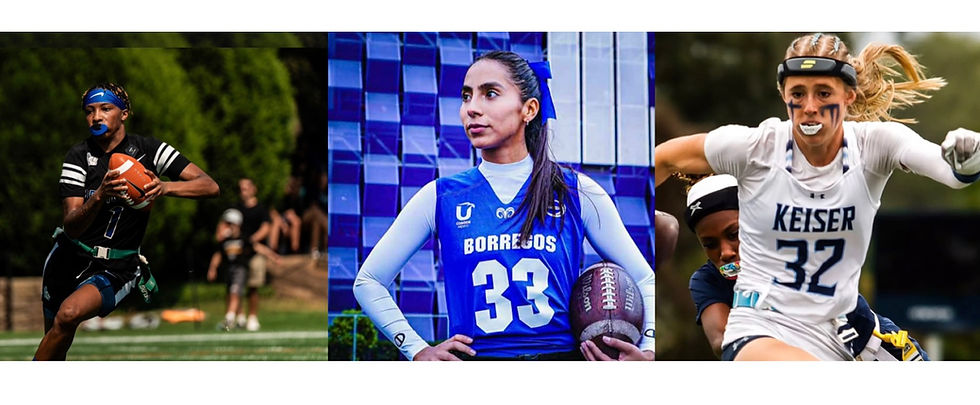How a 1996 Ohio Law Could Save the “Buffalo” Bills
- John Nucci
- Oct 27, 2021
- 3 min read
Updated: Aug 3, 2022
For months, there have been rumors about a potential relocation of the Buffalo Bills to Austin, Texas. An ownership source in the NFL told ESPN’s Seth Wickersham that Austin is a city that “desire[s] an NFL franchise and would pay handsomely for it.” Economically, it makes sense for Austin to have its own team. It was the 13th fastest growing city in the U.S. last year and its population grew 33.7% from 2010-2020. Conversely, Buffalo ranked 9th on the fastest shrinking cities list in 2020. The Bills, however, are a religion in Western New York and a massive driving force behind the region’s social and economic culture. Although team owners have significant flexibility in the management of their organizations, there is one step that New York can take to help stall a potential move.
After the Browns move to Baltimore in 1996, Ohio enacted the “Art Modell Law” named after the infamous team owner. The law, RC 9.67, is titled “Restrictions on owner of professional sports team that uses a tax-supported facility.” Under the law, professional sports teams that plays their home games in tax-supported stadiums and receive financial assistance from Ohio cannot move to a new location without either:
entering into an agreement with the political subdivision where the tax-supported stadium is located permitting the franchise to relocate (consent of the hometown); or
giving six-months’ notice of the intention to move, and, during the six months after the notice, giving local individuals or groups the opportunity to purchase the team.
Although the law is not an absolute bar to relocation, it can empower local communities in their negotiations with professional franchises and has proven effective in recent history. In 2017, the owner of Major League Soccer’s Columbus Crew, Anthony Precourt, announced that he wanted to move the team to – coincidentally – Austin, Texas. At the time, the Crew played their home games at MAPFRE stadium, which sat on tax-exempt state land. In response, Ohio Attorney General – and now Governor – Mike DeWine, filed a lawsuit against the franchise invoking the Art Modell Law. Attorneys for Precourt and MLS filed a motion to dismiss, arguing that application of the law would be an unconstitutional interference with their right to conduct business in interstate commerce. Some legal scholars agreed, noting that the federal government, not states, has the right to regulate national businesses like sports leagues.
However, an Ohio judge refused to dismiss the lawsuit, and it withstood several legal challenges before being voluntarily dismissed after an announcement that an investor group led by Browns owner Jimmy Haslam and Columbus-based physician Dr. Pete Edwards would be buying the team. In this case, the law proved to be at a minimum a strong negotiating chip for the city.
Such a law would apply to Highmark Stadium, home of the Bills, since it is owned by Erie County. The most recent round of renovations at the stadium also included $130 million in taxpayer money. Additionally, the Bills owners, Pegula Sports and Entertainment, raised eyebrows when they submitted a $1.5 billion proposal for a new fully taxpayer-funded stadium. Local officials have called that proposal a “non-starter” while Bills co-owner Kim Pegula has previously stated that they “don’t have a billion-and-a-half dollars sitting around.”
Passing a New York-version of the Art Modell Law prior to negotiations playing out would be a heavy-handed approach by state and local officials. However, so is a proposal for a 100% taxpayer-funded stadium. Nevertheless, a Bills relocation would be socially and economically catastrophic to Western New York. It is estimated that a new stadium would generate $793 million annually for Erie County over the next 30 years. Additionally, the Bills have a $360 million annual impact in Buffalo and $380 million across New York. Finally, the Bills currently account for 2,200+ jobs in the region and construction of a new stadium could triple that number.
Local officials should do everything they can to keep the team in Buffalo, and if New York does not pass its own version of the Art Modell Law before a new stadium deal, they should certainly consider passing one afterwards to ensure that the franchise remains in Western New York for the long haul. If they do, I wouldn’t put it past Bills Mafia to celebrate by jumping through tables outside of the Governor’s Mansion in Albany.
John Nucci can be found on Twitter @JNucci23.






